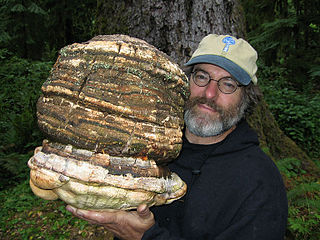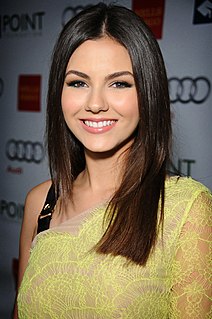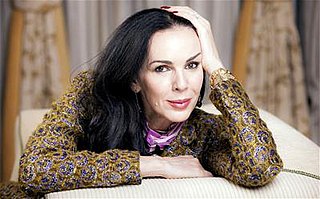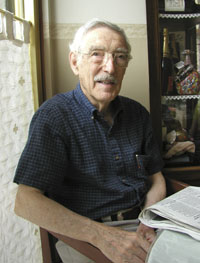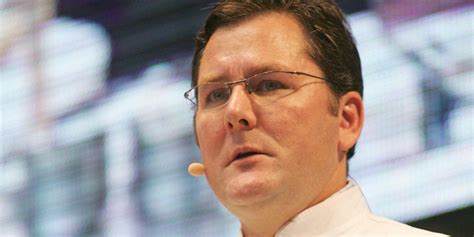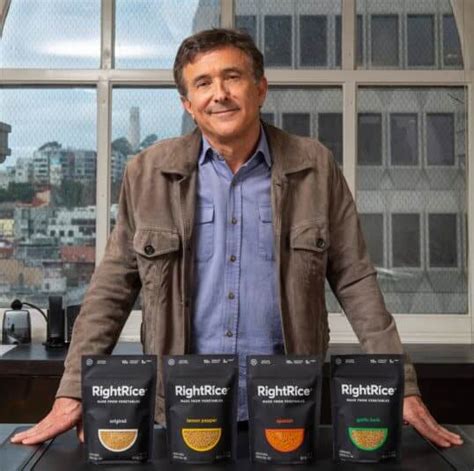A Quote by Marion Nestle
Nutrition science, however, suggests that golden rice alone will not greatly diminish vitamin A defi-ciency and associated blindness. [”¦] People whose diets lack [fats and proteins] or who have intestinal diarrheal diseases -- common in develop-ing countries -- cannot obtain vitamin A from golden rice.
Related Quotes
...The Chinese in the 9th century AD utilized a book entitled The Thousand Golden Prescriptions, which described how rice polish could be used to cure beri~beri, as well as other nutritional approaches to the prevention and treatment of disease. It was not until twelve centuries later that the cure for beri~beri was discovered in the West, and it acknowledged to be a vitamin B-1 deficiency disease.
For example, in Vitamin K, the clotting proteins get it first... and
only after they're satisfied do you prevent calcification of the arteries,
or prevent cancer, or prevent bone fractures. It's all insidious damage
that you get that's a long term consequence. In fact, we call these the
diseases of aging.





